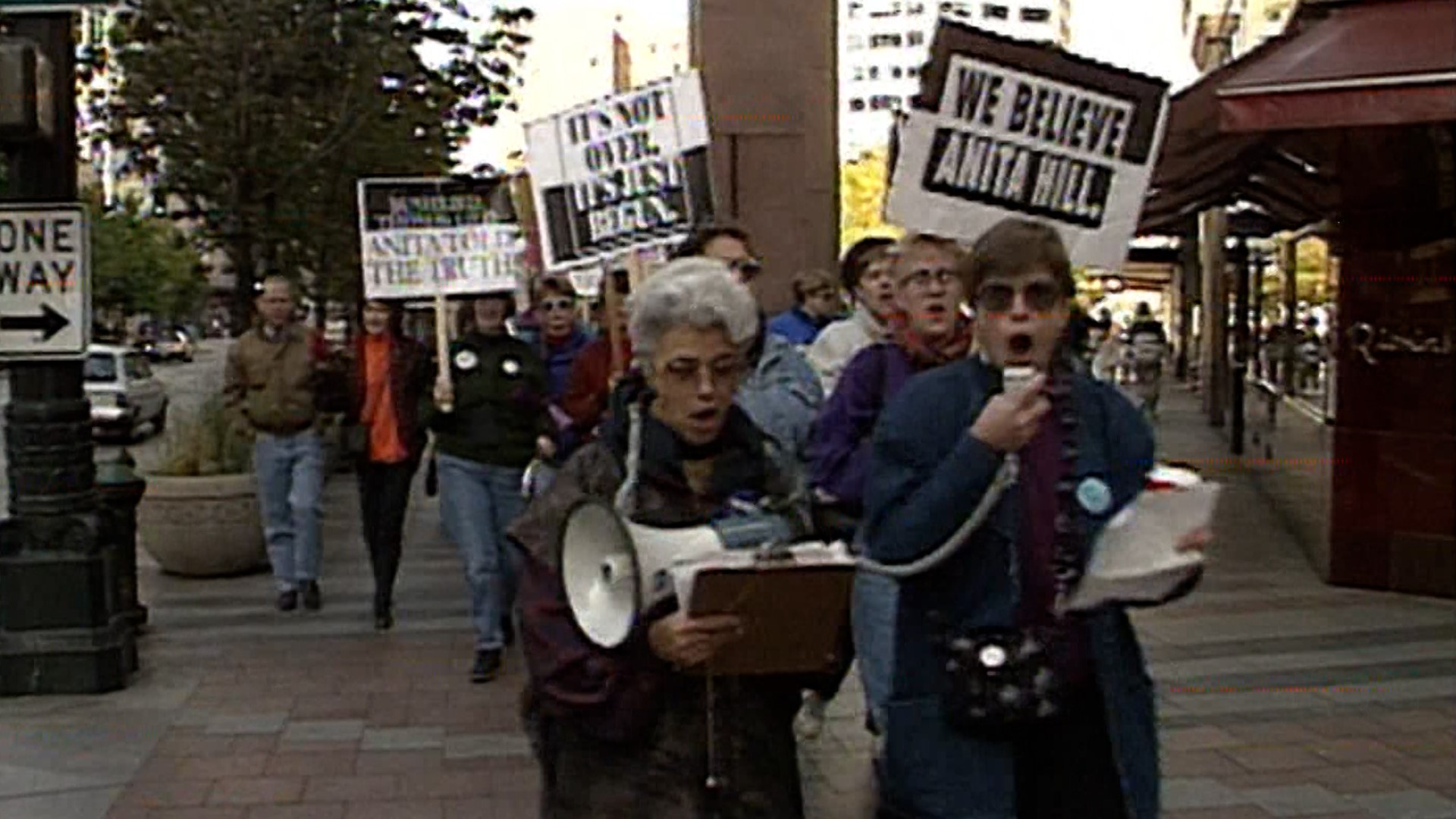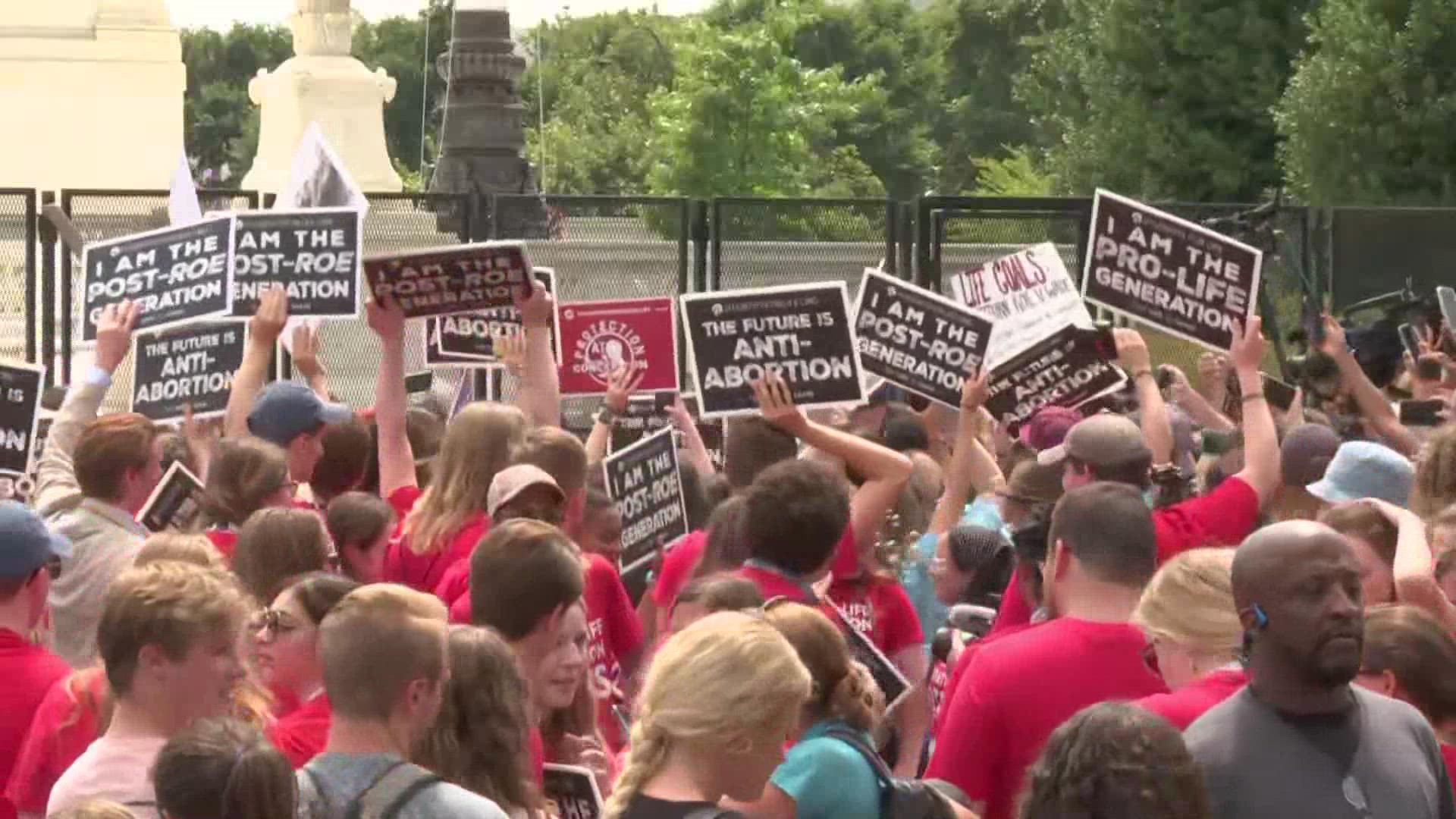WASHINGTON, USA — Roe v. Wade has been challenged for decades, with many advocates fearing and preparing for its overturn years before this week's decision.
In 1991, Washington state voters approved Initiative 120, which offers strong abortion protections, including funding for low-income women who want abortions.
Advocates were trying to create state legislation to protect a women’s right to abortion, whether they are state residents or traveling to the state seeking health care.
The result of this was the state solidifying abortion rights in Washington.
Similar to the political climate today, back in the early 90s, advocates feared that the right to abortion would no longer be federally protected, particularly after the Supreme Court appointment of Clarence Thomas, a conservative justice appointed by former President George H. W. Bush. That same year in response, Washington voters decided to implement a state measure to protect abortion rights, regardless of a Supreme Court decision.
The point of I-120 was to try and “codify” Roe v. Wade by stating that a person has the right to choose or refuse birth control, a woman has the right to choose or refuse abortion and the state cannot interfere or discriminate against a person exercising their choice. This protects women before the fetus is viable or if the women’s life is at risk, according to I-120.
I-120 was approved by voters in November 1991 and went into effect in December of that same year.
“Our legislature has continued to be pro-choice and our governors," said Marilyn Knight, retired Planned Parenthood spokesperson and public affairs director. "So, so far, so good."
With or without Roe v. Wade, abortion rights are secured in the state of Washington.
However, following the U.S. Supreme Court's announcement Friday, Gov. Jay Inslee, D-Washington, said if Republicans get the majority in the state of Washington, they would move to ban abortions in the state "in a heartbeat."


